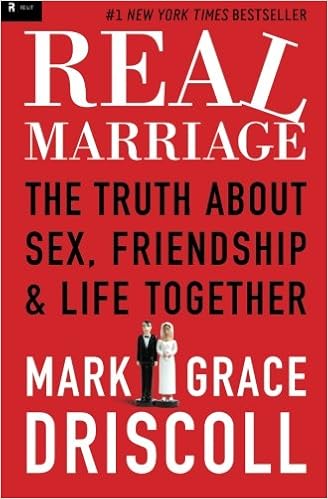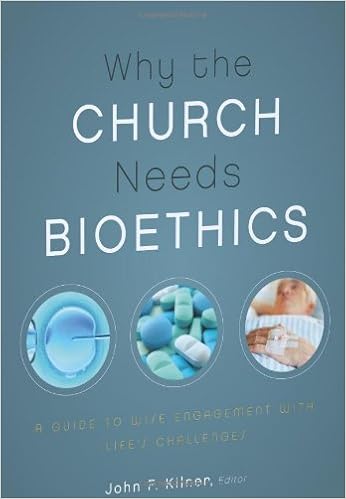I recall a number of years ago, the University of Saskatchewan’s student newspaper ‘The Sheaf’ published sexually derogatory cartoons depicting Jesus Christ. There were apologies and resignations over it but controversy continued to surround the situation for months. At the very least it was tasteless, at the worst it was a personal attack on Christians. I saw it as a growing appetite of society to showcase a defiant ‘fist pump’ in God’s face.
Truth is that the fist pumping isn’t stopping anytime soon. We have recently witnessed boycotts and even legal actions taken against Christian bakers who refused to bake a wedding cake for same sex couples, anti Christian graffiti on church walls, employees being fired for pro-life stands, subtle and not so subtle undertones of intolerance in the media, or outright abuse of power in the government.
In the June 21st, 2014 edition of the National Post, journalist Rex Murphy wrote an article that spoke to a very troubling issue with regard to the suppression of personal choice based on conscience, religious or otherwise. Rex said, “Elected Liberal MPs are under Justin Trudeau’s direct order that, in any legislation that touches on the abortion issue, they must — mindless of their faith, their previous professions on the subject, or their conscience – vote the “pro-choice” dogma. Pro-abortion is the party line. And it is the only line allowed.” – full article can be found by clicking on the following link: http://news.nationalpost.com/full-comment/rex-murphy-in-justin-trudeaus-world-christians-need-not-apply
The responses to all the aforementioned anti-Christian sentiments have been overwhelmingly angst driven. Many comments were angry (rightly so), but what was notable was the almost militant responses. Much of the reaction was a result of fear, quickly turning to hate, with some individuals on the very edge of making death threats against Trudeau. We’ve seen this fear / hate in other situations as well. Similar threats have been thrown the way of same sex couples, and in the situation of ‘The Sheaf’ in Saskatoon, calls for the editor of the University paper to be publicly humiliated were abundant. I wasn’t surprised about people exercising their freedom of expression in areas of disagreement… we should always allow for healthy dialogue, especially in places of disagreement. What did surprise me however, was that many of the most hateful and fearful comments came from within the Christian camp.
My question is how are we Christians supposed to respond to the growing anti-Christian sentiment? Are we to ‘fist pump in your face’ back for every ‘fist pump in your face’ received? Please don’t misread me. I absolutely believe that we must respond, but what does that look like? Death threats? Civil uprisings? That last one may be answered differently depending on what side of the Canadian / U.S. border you live on of course. But does the bible have something to say that would – should direct us, independent of our country’s history’s?
Regarding the government, it’s always good to remember that the civil government is a means ordained by God for ruling and maintaining order in communities (1 Peter 2:13-17). As Christians, we must acknowledge that God gives the local government the “power of the sword,” the lawful use of the force to administer just laws (Romans 13:1-7). We are also called to pray for those who God has placed in the positions of authority over us (1 Timothy 2:1-4). But if that government forbids what God requires or requires what God forbids, then of course Christians cannot submit, and some form of civil disobedience becomes necessary (Acts 4:18-31; 5:17-29). But this civil disobedience must still be done with respect and according to the heart of God’s Word, not the way of our old selves – the carnal, revenge seeking, hateful hearts we once had.
What we are seeing are events in our world that we, as Christians need to learn and understand will increasingly become an expectation rather than an exception. I think it really speaks to what it means to follow Christ. And what is that? Simply it is that the work of Christ is based on being insulted.
Already in the Psalms and in Isaiah the path of mockery was promised: “All who see me mock me; they make mouths at me; they wag their heads” – Psalm 22:7 “He was despised and rejected by men as one from whom men hide their faces and we esteemed him not” – Isaiah 53:3
If Christ hadn’t been insulted, there would be no salvation. This was, after all, his saving work: to be insulted and die to rescue sinners from the wrath of God. This helps us establish a benchmark for ourselves of what the Christians’ response needs to be (even if it includes civil actions or individual ‘retributions’).
That being the case then, just how should his followers respond? In answer to those who say we need to protest or seek revenge I would like to point us back to the words of Jesus himself, “My kingdom is not of this world. If it were, my servants would fight to prevent my arrest by the Jews. But now my kingdom is from another place.” – John 18:36
So… what is our response?
On the one hand we are grieved and angered. But on the other hand if we identify with Christ, embrace his suffering, rejoice in our afflictions, and say with the apostle Paul that vengeance belongs to the Lord, then we will seek to love our enemies and win them with the gospel. If Christ did his work by being insulted, we must do ours likewise. Pray for those who persecute us. Love those who say all manner of evil against us. Live so that others may know the real Jesus, the Jesus who sees with the eyes of compassion.
“You have heard that it was said, ‘You shall love your neighbour and hate your enemy.’ But I say to you, Love your enemies and pray for those who persecute you, so that you may be sons of your Father who is in heaven. For he makes his sun rise on the evil and on the good, and sends rain on the just and on the unjust.” – Matthew 5:43-45
So before we all plan that next fist pumping march on Ottawa, Washington or London to call for the head of someone we perceive is trampling on our Christian rights, maybe we should make sure we got the love ‘your enemies and pray for those who persecute us’ figured out first.





![Supernatural Living for Natural People by [Ortlund, Ray]](https://images-na.ssl-images-amazon.com/images/I/41kfx%2Bv5cLL.jpg)

